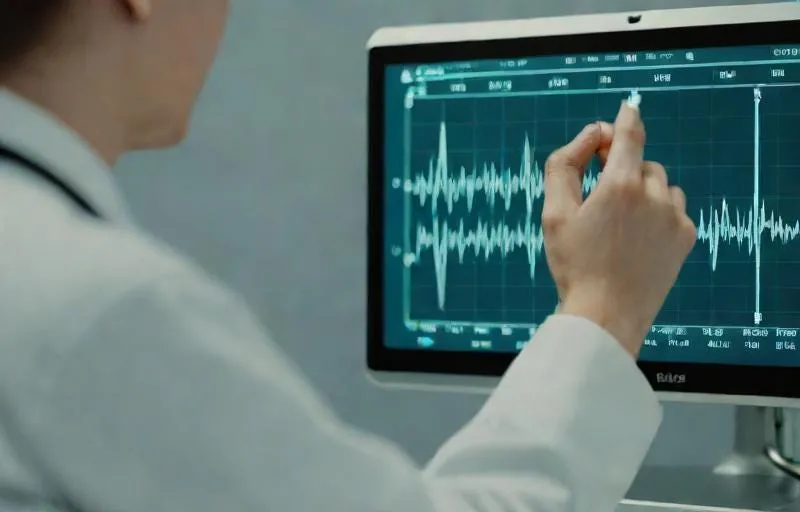Atrial fibrillation (afib) is a heart condition where the electrical conduction of the heart is affected. This causes the chambers of the heart to beat in an irregular fashion. Through a series of downstream effects, afib can lead to serious complications including heart failure and stroke. In fact, the American Heart Association reports that afib leads to approximately a fivefold increase in the risk of stroke.
Apple has obtained FDA clearance for a handful of features that relate to atrial fibrillation. One of these features—the irregular rhythm notification—allows Apple Watch to check for irregular rhythms that could indicate the presence of afib.
To use it, you need to:
-
Be 22 years of age or older
-
Not have a prior diagnosis of afib
Since the feature uses the optical heart rate sensor for detection, it is available on all Apple Watch models. To enable it, go the Health app on your iPhone, click on Browse > Heart > Irregular Rhythm Notifications and follow the prompts for setup.

What does it mean to get an irregular rhythm notification?
Apple Watch will check your heart beat in the background for signs of an irregular rhythm. This will usually happen when you’re at rest, but the number of checks in a day will vary. If multiple readings confirm that your rhythm is irregular, your Apple Watch will notify you of this finding. Since the watch is not checking all of the time, it is possible that the watch will not catch all instances of an irregular rhythm.
Apple Watch reports that in their studies, this feature had a sensitivity of 88.6% and a detection specificity of 99.3%. This suggests that the watch is quite good at catching a substantial amount of all afib cases and when you get a notification it is most likely correct; however, since these numbers are not 100%, it is possible that some cases of afib will not be caught and some people who get the notification will not actually have afib.

What should you do if you get an irregular rhythm notification?
If you get this notification, it is recommended that you talk to your primary care doctor to ensure you receive an appropriate evaluation and the correct diagnosis. Your doctor will help you obtain an electrocardiogram (ECG) to evaluate your heart rhythm. They will also help you investigate whether there may be another underlying issue that is causing your abnormal rhythm. Finally, your doctor will help you create a management plan to reduce your risk of afib-related complications.
People with afib can live normal lives when their condition is well-managed. If you have received an irregular rhythm notification, reach out to your doctor to make sure the right steps are taken to maintain your health.






